
An employee works on a luminaire production line of a tech company in Ruichang, Jiangxi province. The products are exported to countries including the United States, India and South Korea. (WEI DONGSHENG/FOR CHINA DAILY)
Experts welcome BIS move; mutual respect and communication in focus
The Bureau of Industry and Security or BIS, part of the U.S. Department of Commerce, on Monday removed 27 Chinese entities from its Unverified List, prompting experts in China to welcome the move on Tuesday.
Removal from the Unverified List will lift restrictions on the Chinese entities, enabling them to receive shipments from U.S. exporters and keep up normal business cooperation on both sides.
The removal by the U.S. government was prior to the Chinese Ministry of Commerce's announcement on Tuesday that at the invitation of Commerce Minister Wan Wentao, the U.S. Commerce Secretary Gina Raimondo will visit China from Aug 27 to 30.
In a statement on Monday, the BIS announced that 33 foreign parties were removed from the red flag list — a roster of businesses worldwide that are subject to stricter export controls as the U.S. government was unable to complete end-use checks.
Besides the 27 Chinese entities, the rest are located in Indonesia, Pakistan, Singapore, Turkiye and the United Arab Emirates.
Matthew Axelrod, assistant secretary for export enforcement in the U.S. Department of Commerce, said in the BIS statement that the removal of 33 foreign parties "will demonstrate the concrete benefit companies receive when they or a host government cooperates with the BIS to complete a successful end-use check".
Experts said the 27 Chinese entities now out of the Unverified List are mainly involved in sectors like photovoltaics, machinery manufacturing, electronics, computer science, chemistry and biotechnology.
At a news conference in Beijing on Tuesday, Chinese Foreign Ministry spokesman Wang Wenbin said China welcomes the U.S. move as it demonstrates that the two sides can resolve their specific concerns through communication on the basis of mutual respect.
China will continue to firmly safeguard the legitimate rights and interests of Chinese enterprises and organizations, Wang said.
According to the BIS statement, among the 27 Chinese entities are Beijing PowerMac Co, Guangdong Guanghua Sci-Tech Co, Suzhou Chaowei Jingna Optoelectric Co and Hunan University.
The BIS move will help enterprises in China and the United States to conduct normal business cooperation and ensure the global industrial and supply chains remain stable and secure, said Guo Qinwen, a research fellow at the Development Research Center of the State Administration for Market Regulation.
Inclusion on the Unverified List indicates the U.S. government has concerns about the entities concerned whose legitimacy it cannot verify. The U.S. exporters, therefore, need to obtain a license if they wish to ship products to such entities. Exclusion from the list would require cooperation in scheduling end-use checks, Guo said.
This is not the first time that the U.S. has taken Chinese firms off the list. In October last year, the BIS removed nine Chinese entities from the list. The U.S. government also placed 64 Chinese companies on the red flag list in 2022 alone — 33 in February and 31 in October last year.
The BIS, as stipulated by the U.S. Export Administration Regulations, will add to the Entity List any party that fails to complete the end-use check within 60 days following the party's addition to the Unverified List, if these failures are due to a lack of cooperation by the host government.
Bai Ming, deputy director of international market research at the Chinese Academy of International Trade and Economic Cooperation, said that by imposing these restrictions, the Biden administration is not only suppressing China in the production of certain high-tech products but attempting to stifle the development of all relevant industries and research institutions. Such systematic suppression is to maintain the U.S. government's technological hegemony.
In addition, inclusion in the Unverified List of the BIS requires extra diligence from U.S. companies that want to do business with the entities on the list, which will also disrupt the business operation of such U.S. suppliers to some extent, Bai said.
Also on Monday, Chinese Premier Li Qiang said that China-U.S. relations and economic and trade cooperation are facing certain difficulties at present, which require both sides to show sincerity and meet each other halfway. He made the remarks at a meeting with a delegation of the U.S.-China Business Council.
Li said China will open its doors even wider to the outside world, and is willing to work with the U.S. in undertaking their responsibilities as major countries, jointly upholding international trade rules, and ensuring the stability of global industrial and supply chains.












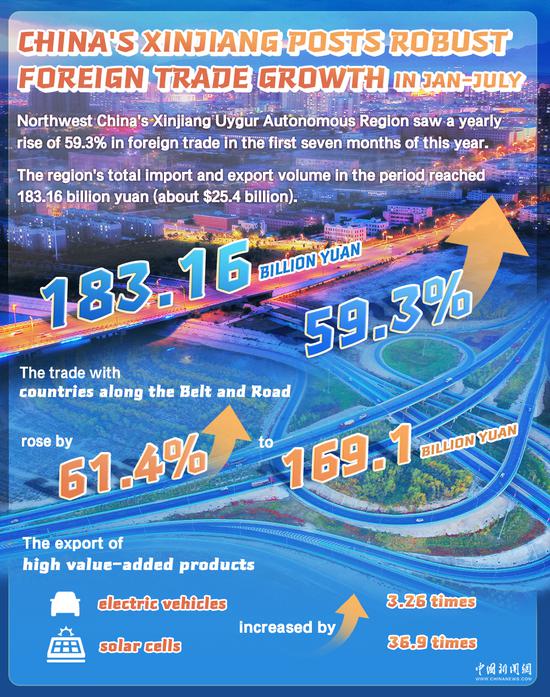
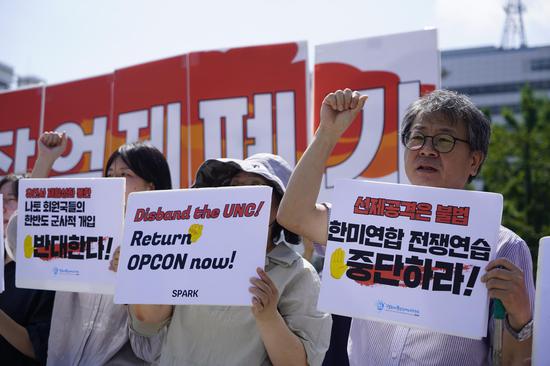

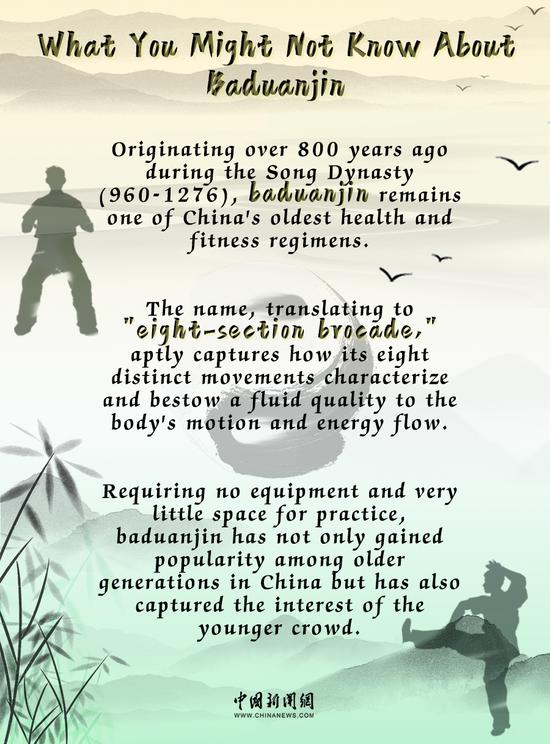


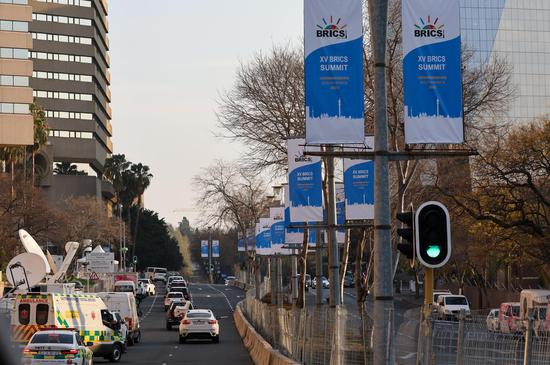







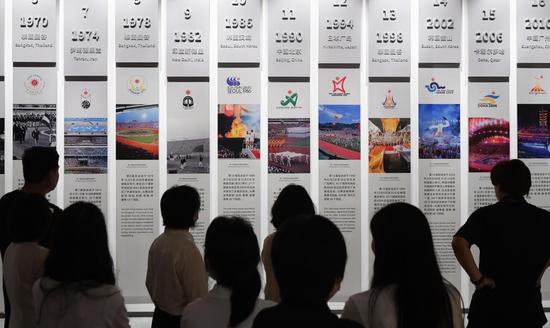





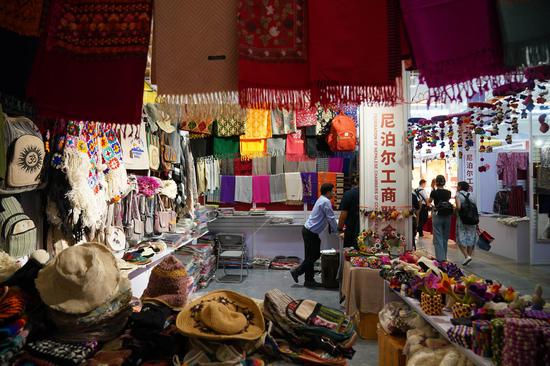











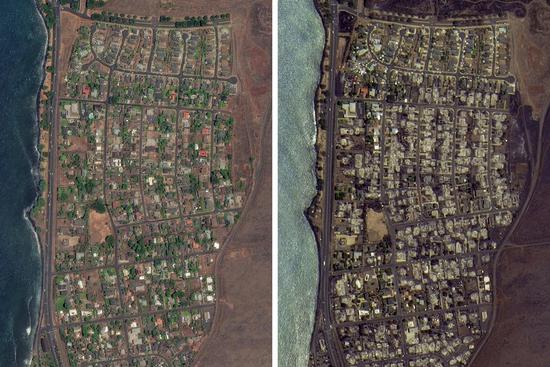





 京公网安备 11010202009201号
京公网安备 11010202009201号